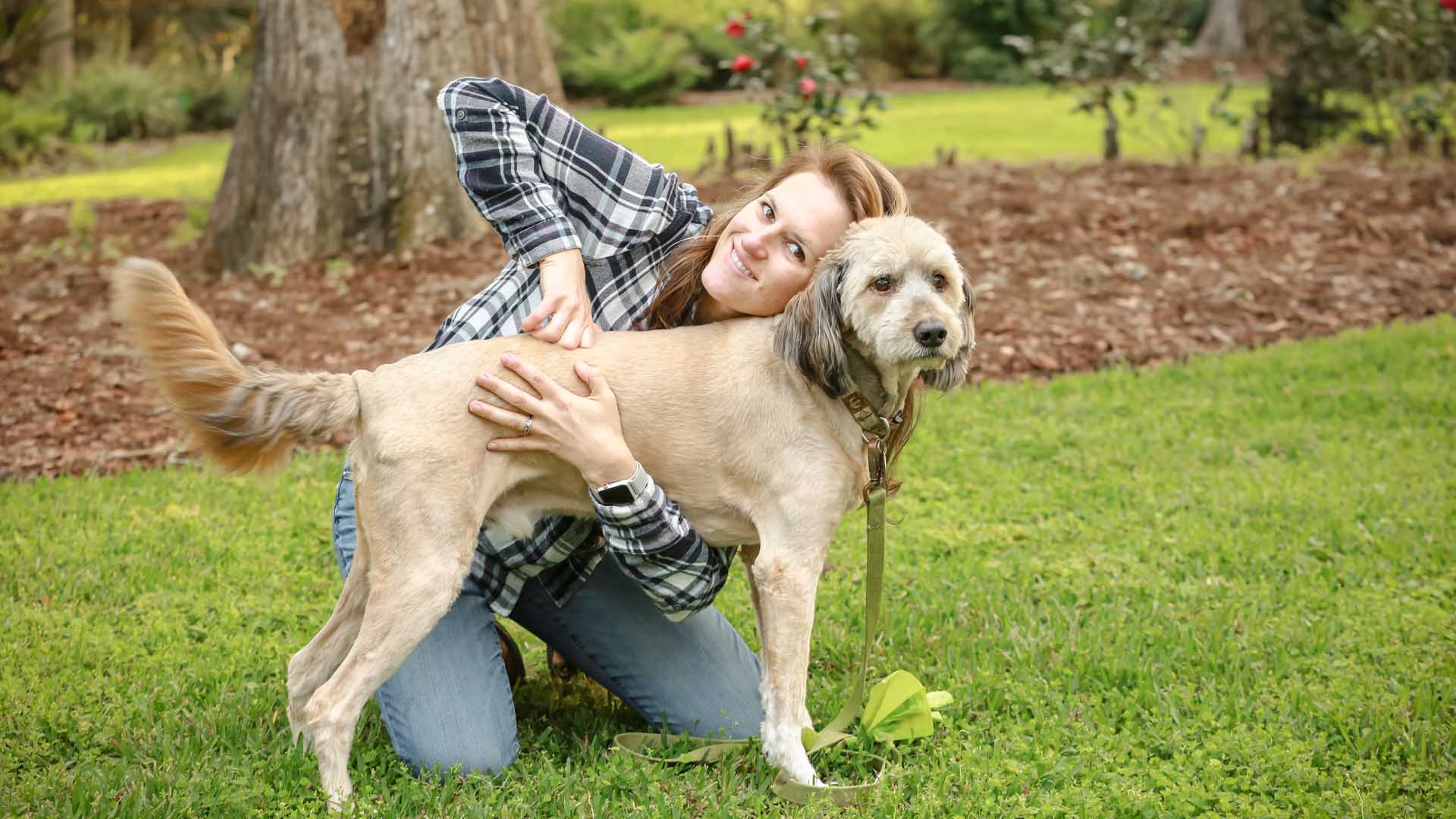As the old saying goes, “When it rains, it pours,” and for our equestrian companions, too much of a good thing can be harmful. Excessively wet ground conditions can pose several health risks to horses, from hoof problems to skin irritations. Let’s dive into how we can safeguard our horses during soggy weather conditions and ensure they always have a dry retreat.
Risks Associated with Wet Ground Conditions
When the terrain underfoot becomes a marshy mess, several health risks can emerge:
Hoof Issues: Too much moisture can soften the horse’s hooves, making them more susceptible to injuries, infections, and conditions like thrush and white line disease.
Skin Conditions: Prolonged exposure to wet conditions can lead to skin irritations, commonly known as rain scald or mud fever.
2. Ensuring a Dry Environment for Your Horse
No matter how wet it gets outside, your horse should always have access to a dry, comfortable refuge. Here’s how you can ensure this:
Good Drainage: Design outdoor enclosures with proper drainage to prevent water from pooling.
Stable Shelter: Ensure your stable or barn remains dry and well-ventilated. Regularly muck out and replace bedding to keep the stall dry.
Covered Areas: Consider constructing a run-in shed or covered area in your paddock where your horse can escape the rain.
3. Caring for Your Horse’s Hooves in Wet Conditions
Hoof care becomes even more critical during wet periods. Here’s what you can do:
Regular Trimming: Regular hoof trims can help maintain hoof health and prevent the accumulation of bacteria and fungi.
Drying Out: Whenever possible, allow your horse’s hooves to dry out, which can help to harden them and reduce the risk of infections.
Hoof Products: Consider hoof hardening products or antimicrobial treatments as a preventative measure.
4. What to Do if Your Horse Develops Health Issues from Wet Conditions
Despite your best efforts, your horse may develop health issues due to wet conditions. In this case, remember:
Consult a Vet: If your horse shows signs of hoof disease or skin irritation, consult your vet immediately.
Isolate: To prevent spreading, isolate your horse from others until they have fully recovered.
Treatment: Follow your vet’s instructions carefully for any prescribed treatments.
Wet weather doesn’t have to spell disaster for your horse’s health. With a little planning, you can ensure your horse has a dry retreat to escape the soggy ground. Remember, a happy horse is a dry horse when the heavens open up. So, as we welcome the rainy season, let’s ensure our horses have the comfort and care they need to thrive, rain or shine.

